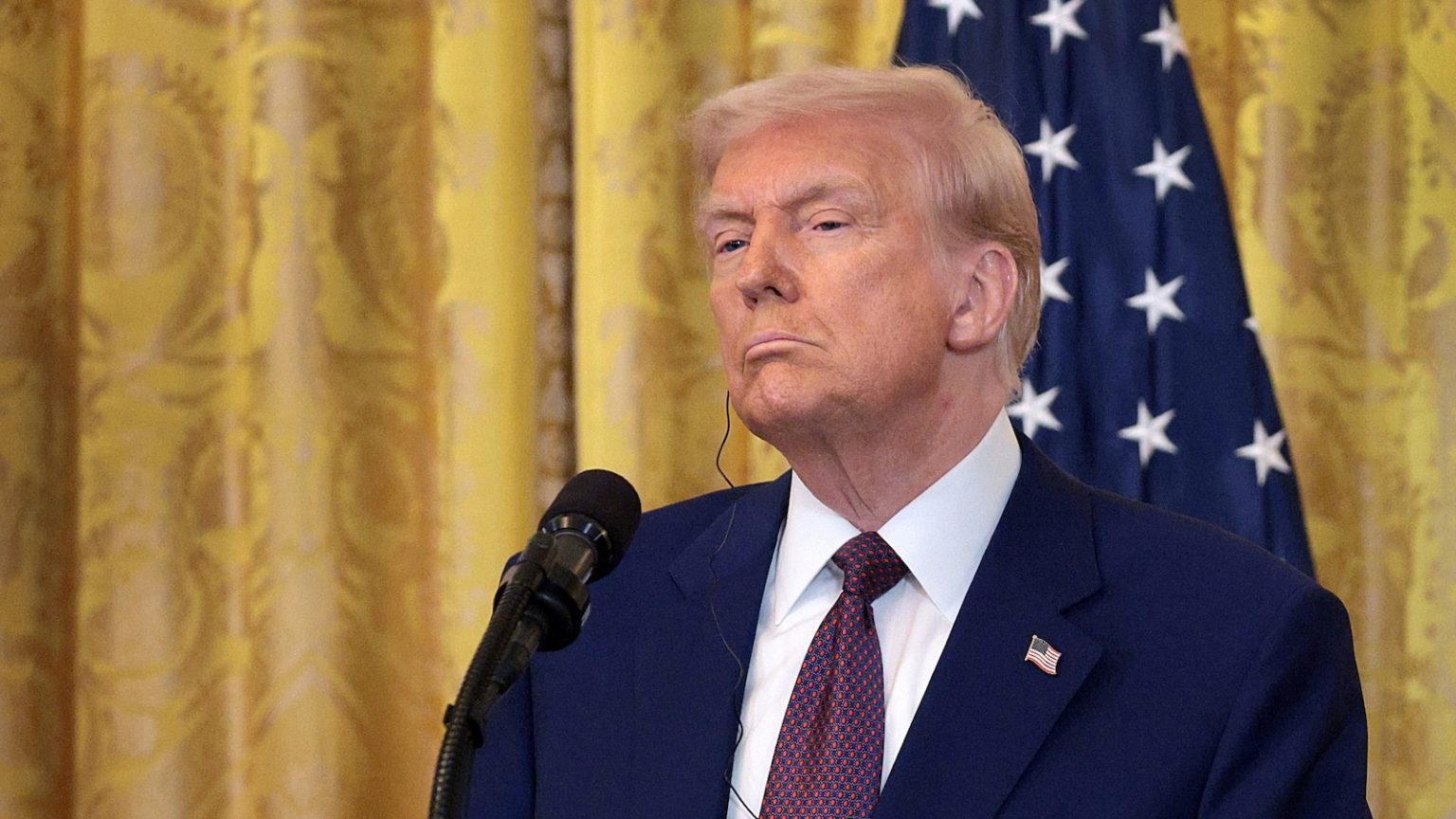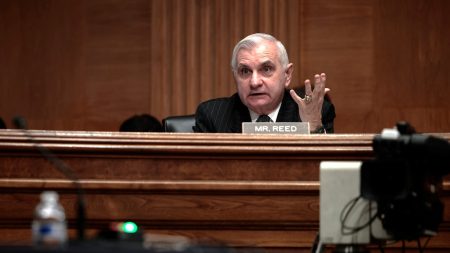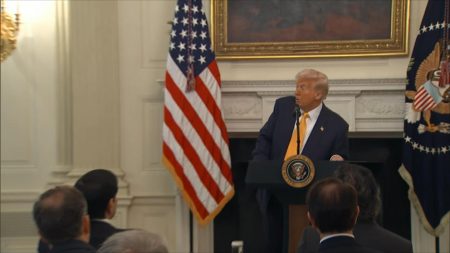Introduction: Trump’s Warning and Hostage Release
In a tense and volatile situation, President Donald Trump recently made headlines by warning Hamas that "all hell is going to break out" if hostages are not released by a specified deadline. This threat was particularly significant as it preceded a planned hostage release by Hamas. Despite the gravity of his words, Trump’s statement did not appear to directly influence the outcome, as Hamas proceeded with the release of three hostages, including an American citizen, in line with a pre-existing ceasefire agreement. The exchange also involved Israel releasing 369 Palestinian prisoners, highlighting the complex dynamics at play in the region.
The Deadline and Its Aftermath
President Trump set a deadline of noon on Saturday, February 15, for Hamas to release all hostages, suggesting that failure to comply would lead to severe consequences. However, experts and officials have downplayed the impact of Trump’s ultimatum, noting that Hamas was unlikely to release all hostages under any circumstances. The deadline passed without the release of all hostages, but Hamas did release three individuals as agreed upon in the ceasefire. This outcome underscores the limited influence of Trump’s threats in altering the immediate course of events.
Trump’s Gaza Plan and UN Reaction
Beyond the hostage situation, Trump has unveiled an ambitious plan for Gaza, which includes taking control of the region, relocating Palestinians, and embarking on redevelopment projects. This proposal has sparked controversy, with United Nations Secretary-General Antonio Guterres expressing concerns about the potential for ethnic cleansing. Trump’s plan has been met with skepticism, both for its feasibility and its implications for the regional peace process. The international community remains wary of unilateral actions that could exacerbate tensions in the already volatile region.
Expert Skepticism on Trump’s Threats
Experts have expressed doubt regarding the sincerity and effectiveness of Trump’s threats. They point to his history of making bold statements that often do not translate into actionable policies. This skepticism is underpinned by observations that Trump’s rhetoric serves more to create confusion than to achieve tangible results. The "Madman Theory," where a leader cultivates an image of unpredictability to deter adversaries, has been invoked to describe Trump’s approach. However, the real leverage, experts argue, lies in the military capabilities of Israel rather than in Trump’s verbal warnings.
Trump Taking Credit for Hostage Release
Despite the skepticism, Trump has claimed credit for the release of hostages, suggesting that his warnings prompted Hamas to act. However, this assertion is not universally accepted, as the releases were part of a broader agreement. Trump’s tendency to take credit for events that are part of established processes has led to further questions about the genuine impact of his diplomacy.
Implications of Trump’s Diplomatic Approach
The implications of Trump’s approach extend beyond the immediate hostage situation. His threats and statements contribute to a climate of uncertainty, potentially undermining efforts to achieve a stable peace. While Trump’s supporters argue that his forthright style can yield results, critics caution against the risks of escalating tensions through unpredictable rhetoric. The enduring challenge remains balancing firmness with diplomacy to achieve lasting solutions in the Middle East.















